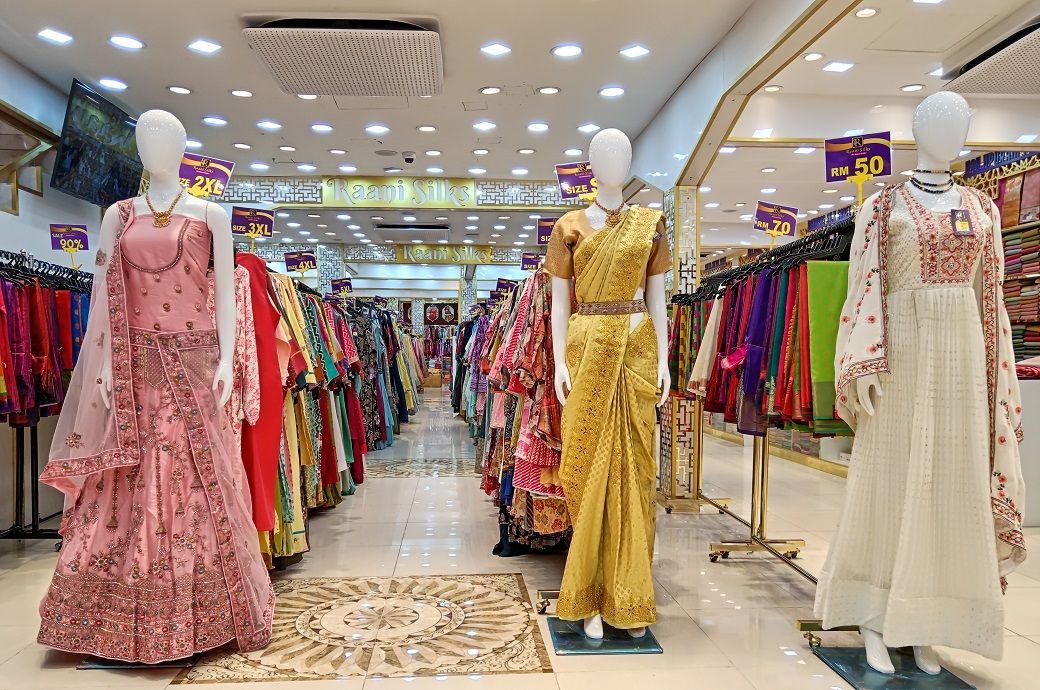
Sitharaman is scheduled to present her seventh consecutive budget, this time for the current financial year 2024-25, in the Parliament on July 23.
Speaking to Fibre2Fashion, Nishant Poddar, Chief Marketing Officer of WROGN, said that the forthcoming Budget should focus on growth, innovation, and sustainability. “Regulatory processes should be streamlined, and GST procedures should be simplified for ease of doing business. The investments in infrastructure and logistics are equally important. Better transportation networks and better warehousing facilities can enhance supply chain efficiency, cut costs, and reduce lead times, helping fashion retailers remain competitive.”
He said the government should support for digital transformation, as it is critical. “Grants and subsidies should be given for advanced technologies like AI, IoT, and blockchain which can spark innovation, leading to better inventory management, personalised customer experiences, and more secure transactions. We are also looking forward to policies that promote sustainability and circular fashion, such as tax benefits for using sustainable materials and investing in recycling technologies. These initiatives can help reduce our environmental footprint and attract eco-conscious consumers.
“We also need initiatives that focus on skill development. Training programmes in digital marketing, data analytics, and sustainable practices are essential to prepare our workforce for future challenges. The Union Budget 2024-25 should aim to create an environment that fosters growth, innovation, and sustainability in the fashion retail industry, empowering the sector to thrive in the years to come.”
Ankit Jaipuria, Co-founder of fashion brand ZYOD, said, “The forthcoming Budget presents a pivotal opportunity for apparel startups to reshape the industry’s future through innovation and sustainability. We anticipate policies that encourage investments in AI, automation, and sustainable practices, which can drive significant growth and transformation. Simplifying compliance and offering tax incentives will be crucial in fostering a more conducive business environment.”
Jaipuria added that the export incentives will be essential for taking India’s products to the global market, thereby boosting export revenues and strengthening the economy. “The textile industry employs over 45 million people and contributes 5 per cent to the GDP. Therefore, the Budget must address the unique challenges and opportunities faced by our sector. We also expect the Budget to address various logistics and sustainability challenges that the apparel industry is facing while boosting export ambitions.”
Ankur Bhatia from Columbia Sportswear said the government should consider retail as an industry which generates highest employment, second only to agriculture. There is a need to work on “ease of doing business” through a “Retail Policy” in terms of GST slabs, property taxes, and easier compliance requirements so that private sector capex can spur demand.
He suggested creating high street “retail parks” like SEZs with elevated retail zone, parking, amenities. “Specifically in our case of outdoors segment, we generate tourism in remotest parts of the country through our trekking and mountaineering activities, which serves the interest of weaker sections of the society.”
Fibre2Fashion News Desk (KUL)